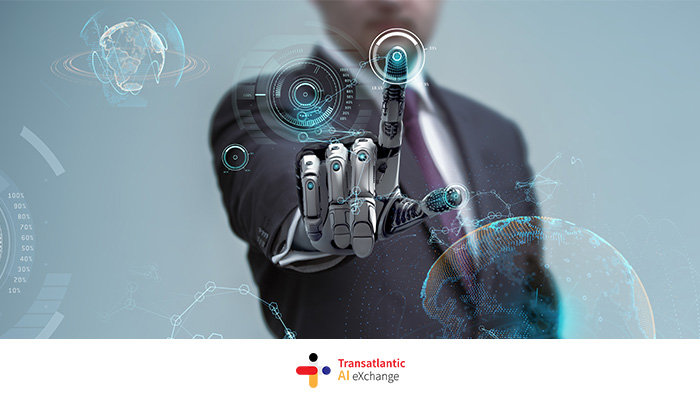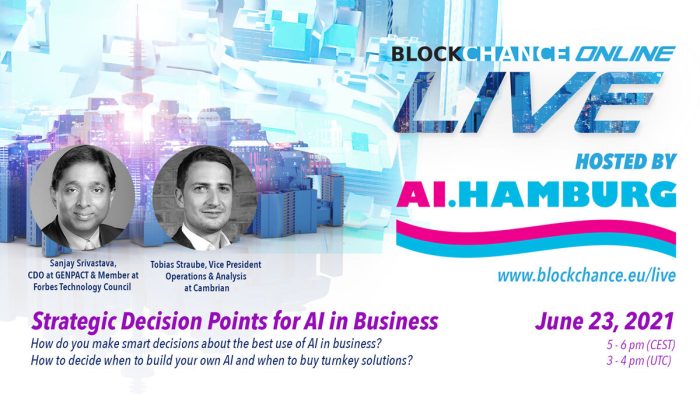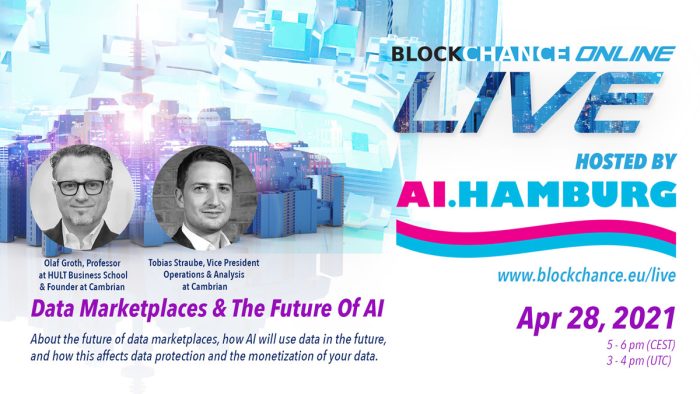
Venture Capital funding for AI Start-ups: Challenges & Opportunities in Germany and the US
by Oliver Gottfried Funding is one of the most crucial criteria for AI-driven start-ups to realize their business ideas. Nevertheless, the German Venture Capital market


